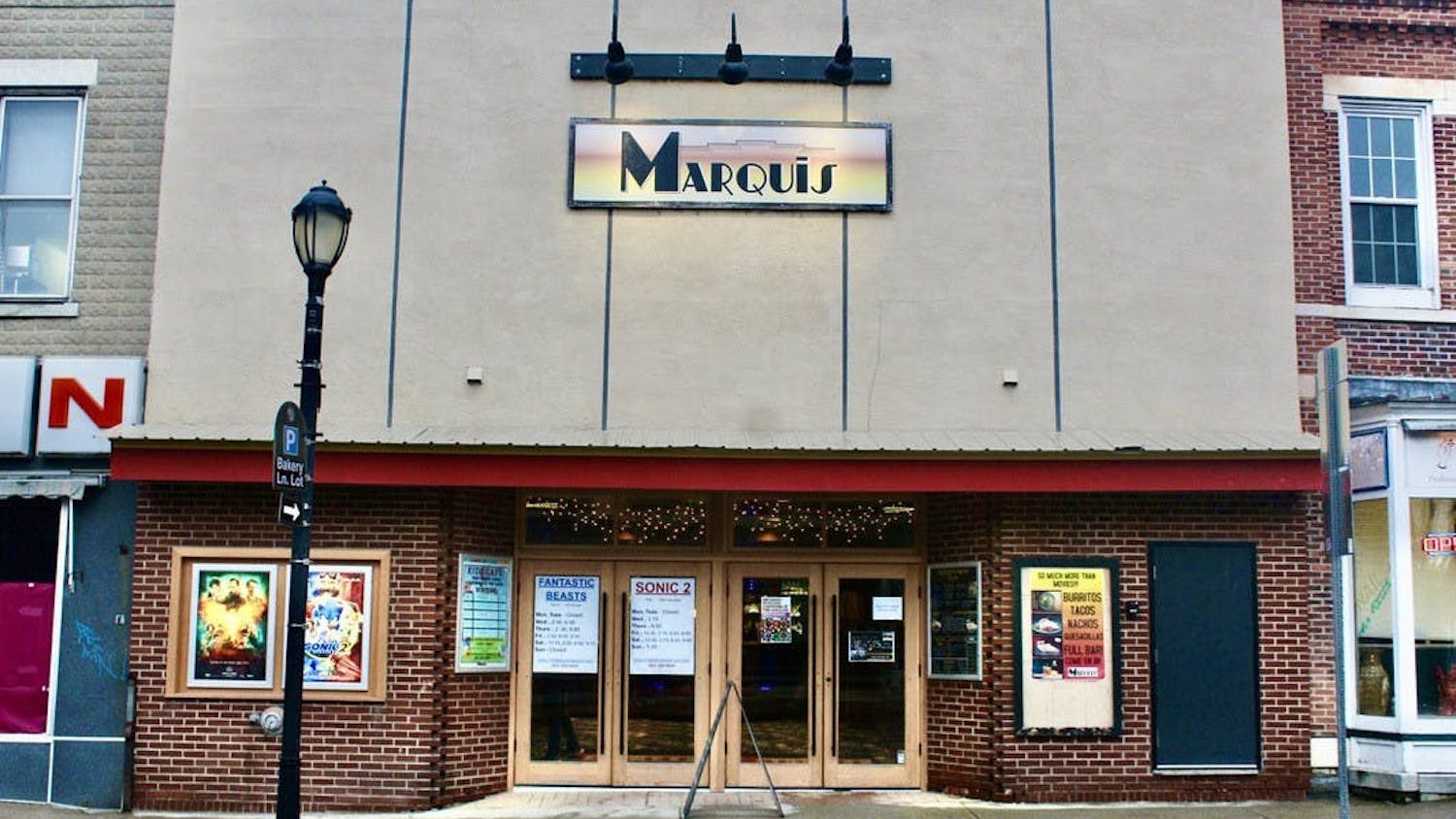Along with the bike path tax, the Burlington City Council recently voted in favor of putting another new item on the ballot this November: a marijuana referendum. After hearing the public’s opinion at the polls, the city will determine whether or not to open up the state’s first two dispensaries nearby. Two years ago an identical proposal was defeated by city council vote.
Vermont has already passed several bills regarding medical marijuana. Back in 2004, the state established a mandatory, confidential marijuana registry with the authority to issue licenses to qualifying patients. That year Vermont also removed criminal penalties for individuals diagnosed with a “debilitating medical condition.” In 2007, a bill passed that expanded the definition of “debilitating medical condition” to include multiple sclerosis, AIDS, eating disorders and cancer.
Although medical marijuana has been legal in Vermont since 2004, until a city votes to open a dispensary, patients can only legally obtain marijuana if they have the means to grow it themselves. In June 2011, Governor Peter Shumlin signed a bill authorizing the creation of up to four dispensaries where registered patients can buy medicinal marijuana. A final vote in November will establish whether two dispensaries can set up near Burlington.
New Jersey Governor Chris Christie, a former U.S. attorney, recently promised to move forward with carrying out his state’s medical marijuana program outlined back in a 2010 bill.
“I’m trying to implement the program in a responsible way, but I can’t force a town to give a certificate of occupancy to a tenant they don’t believe has met their standards in their town,” he said in response to the delayed opening of a dispensary in Montclair Township.
There are currently seven states total with impending legislation to legalize medical marijuana. Arkansas will be the first southern state to vote on medical marijuana this November.
While many east coast states are just introducing medical marijuana legislation, states out west are experiencing a dispensary crackdown. There has been a recent trend of federal police telling dispensaries to either move or close down due to being located too close to schools. Over 200 California dispensaries have been shut down since U.S. attorneys ordered a crackdown last October.
Similarly, in Colorado, the U.S. Attorney’s office has ordered over 47 businesses to shutter or else risk property seizure or even criminal charges. The Boulder, Co. area used to be home to around 80 dispensaries; now the number has dropped close to 20. Historically, whenever there has been any doubt as to whether a power should be delegated to the states or Congress, the courts have often been the entity to decide. In this case, the courts have decided to act in favor of the federal jurisdiction over states’ rights.
In spite of the federal dispensary crackdown in states with established medical marijuana programs and dispensaries, there is currently a rather streamlined process for obtaining a medical marijuana license. In Colorado, for example, it takes no more than 90 days for a patient to obtain his or her license, while several years ago the process was more tedious.
Lance Woody is a resident of Boulder, Co., who received his medical marijuana license following a car accident three years ago. After obtaining a doctor’s approval for his ailment in October 2009, he got his license in June 2010.
“Receiving a license doesn’t necessarily mean you can smoke,” clarifies Woody, “but [you] can attain lotions and hemp.”
There are quite a few misconceptions surrounding the issue of medical marijuana legalization. Many people are unaware of the discrepancy between “decriminalization” versus legalization of medical marijuana.
In states like Vermont and New Jersey, marijuana has been legalized only medically. This means the substance is strictly regulated according to a state registry of approved patients. In states where marijuana has been “decriminalized in small amounts,” if someone is caught with a small amount of marijuana (i.e. less than 1/8 oz.), they will not receive criminal penalties regardless of whether they are on the state registry for medicinal marijuana.
Currently marijuana for solely recreational purposes is not legal in any state. Colorado is one of the few states with both medicinal legalization and decriminalization in place.
Amy Scanes-Wolfe ’13, of Longmont, Co., grew up surrounded by dispensaries but believes that they offer “just one avenue to get something people would find a way to get one way or another.”
In Vermont, supporters of decriminalization argue that if the medical marijuana measure passes in November, it would reveal to the state how the war on drugs is costly and misguided. The law may encourage further legislation for decriminalization of marijuana in the state.
The main argument behind legalizing medical marijuana is that while painkillers and other medications are often addictive, one cannot become physiologically addicted to marijuana. In fact, individuals with eating disorders benefit from the appetite-inducing side effect of the substance.
“If you look at marijuana purely scientifically, it is much less harmful than alcohol or tobacco or many prescription drugs,” argues Barrett Smith ’13. “Yet, the federal government classifies it as a schedule one drug, claiming that it has a high addiction potential and has no legitimate medical uses. Looking at scientific literature, both claims are blatantly false.”
Smith, Middlebury’s recently elected Student Co-chair of Community Council, is an Ohio native. Though his home state has not yet legalized medicinal marijuana, through his travels he has encountered people of all ages who possess licenses to obtain and grow the substance. One friend’s grandmother even uses medicinal marijuana to alleviate her suffering from pancreatic cancer. For people like her, it is beneficial and offers better relief than opiate-based prescription drugs because it addresses pain in a non-addictive way and stimulates appetite.
Tony Huynh ’13, of the San Francisco Bay Area in California, also supports decriminalization nationwide.
“It’s sort of like decriminalizing abortion or lowering the drinking age because people will find a way to do it anyway,” said Huynh. “If you can regulate marijuana to make it come from reliable sources rather than drug cartels, you can ensure safety in the supply chain.”
Critics of medical marijuana legalization argue that the substance hinders productivity, leads to harder drug use, interferes with fertility, impairs driving ability and injures the lungs, immune system and brain. In August 2012, a study conducted in New Zealand by Duke University researchers (Meier et al) revealed that marijuana can negatively affect brain development. The study showed that IQ tests of individuals who began using the substance before age 18 dropped significantly later in life than IQ tests of non-users.
Other critics of medical marijuana legalization say it has sparked an underground marijuana culture in states that condone its use. Los Angeles County District Attorney Steve Cooley estimates there are approximately 1,000 illegally operated marijuana shops in the city alone.
There is also fear that decriminalization even of minute amounts of marijuana leads to more drug abuse overall. The experience in Norwalk, Ct. earlier this year gives creedence to such fears. Ever since Connecticut voted last year to decriminalize small amounts of recreational marijuana, the number of cases dealing with possession and use went through the roof.
Despite opposition, proponents of legalization remain convinced that stigma surrounding marijuana can be removed with legislation and time.
Marijuana Dispensaries Make Burlington Ballot
Comments



